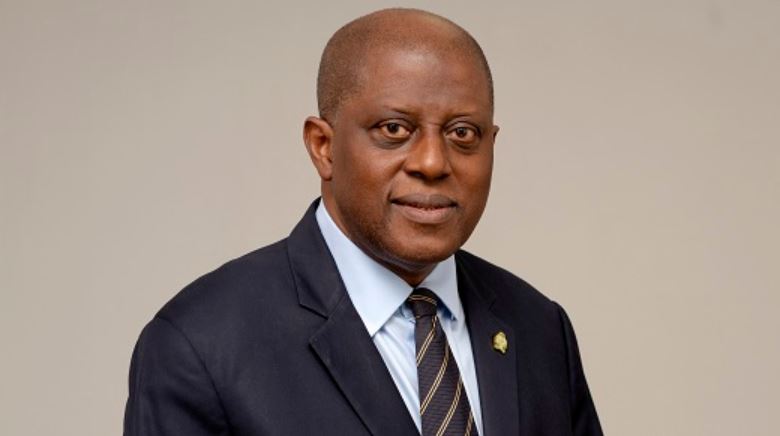Asset management firm Meristem Securities has projected that the Monetary Policy Committee of the Central Bank of Nigeria may maintain a hold stance for most of this year.
This was contained in their 2025 Full Year Outlook, which it released recently.
The benchmark rate had been raised by over 800 bps as the apex bank maintained a hawkish position to tackle inflation. The MPR as of December end was 27.50 per cent.
Experts at Meristem Securities posited, “Looking ahead, we see the potential for a less aggressive monetary policy stance, particularly as the monetary authority has hinted at its intention to evaluate the impact of prior policy measures. This outlook is further supported by our expectation of modest moderation in inflation during the year.
“Given the risk that premature easing could reverse the progress made in 2024 and exacerbate inflationary pressures, we expect the MPC to maintain a HOLD stance for most of 2025. A shift to a more dovish position may occur in the final quarter of the year. While unlikely, we cannot entirely rule out the possibility of an additional 100 bps hike in the MPR during the first quarter of 2025.”
The move of the CBN to hike rates in the outgoing year had been anticipated by market watchers, especially in light of the rising inflation.
From an MPR of 18.75 per cent in January 2024, the rate was raised by a total of 8.75 per cent to 27.50 per cent in November.
In addition to rate adjustments, the MPC also introduced liquidity management measures, including raising the cash reserve ratio to 50.00 per cent for deposit money banks and 16.00 per cent for merchant banks.
Adjustments were also made to the asymmetric corridor to +500/-100 bps from the initial range of +100/-300 bps around the MPR.
Meristem said that these liquidity policies showed a positive impact, as the growth in money market indicators declined compared to previous years—broad money supply (M3) increased by 15.17 per cent YtD (vs. 41.14 per cent in 2023), and credit to the private sector dropped by 0.68 per cent YtD, depicting the impact of the elevated interest rate environment on the real economy.
However, credit to the government grew at a faster pace of 68.45 per cent YtD (vs. 25.93 per cent in 2023), and net domestic credit expanded by 15.58 per cent YtD (vs. 40.93 per cent in 2023).
The alignment of the MPR with market rates persisted in H2:2024, as increases in the MPR prompted adjustments in market rates, particularly for OMO instruments. This alignment enhanced the attractiveness of rates to foreign investors, resulting in improved foreign exchange inflows and contributing to greater exchange rate stability during the period.
Economist, Biodun Adedipe, at the recent FirstBank Economic Outlook, projected that MPR will see a marginal downward adjustment in Q1 2025 as the bank lending rate will remain double-digit and follow MPR adjustments.
At the last annual Bankers’ Dinner in Lagos, the governor of the Central Bank of Nigeria, Olayemi Cardoso, said the bank would be looking at inflation figures and adjusting its actions as required.
He said, “To tackle the pressing challenge of inflation, the CBN acted decisively by raising the monetary policy rate by 875 basis points to 27.5 per cent in 2024—an essential move to contain inflation and restore stability. To borrow from Winston Churchill’s famous perspective: in our world, interest rates are undoubtedly the least desirable tool for combating inflation—except for all the others! I fully recognise the challenges that higher interest rates impose on businesses and families. However, these measures are not intended to be permanent. We are closely monitoring the data, and as inflation shows sustained signs of improvement—something we expect in the near future—we will adjust rates accordingly.
“Our tight monetary policy stance has altered the previous dire trajectory, and we expect a downward trend in 2025. Inflation remains unacceptably high, but the signs are encouraging, particularly given that the full effects of monetary policy typically take 6-9 months to impact the consumer sector. Our commitment is unwavering: we will prioritise price stability until its benefits are felt by every Nigerian.”















